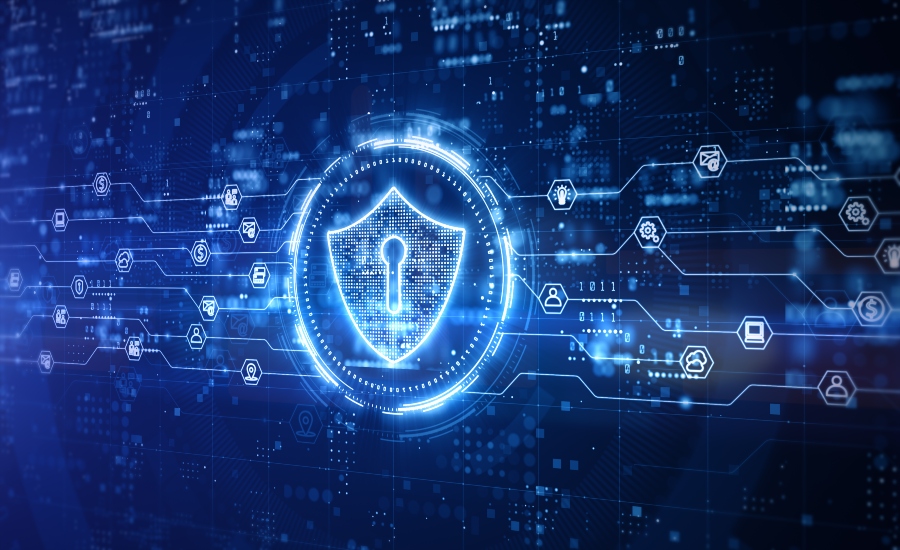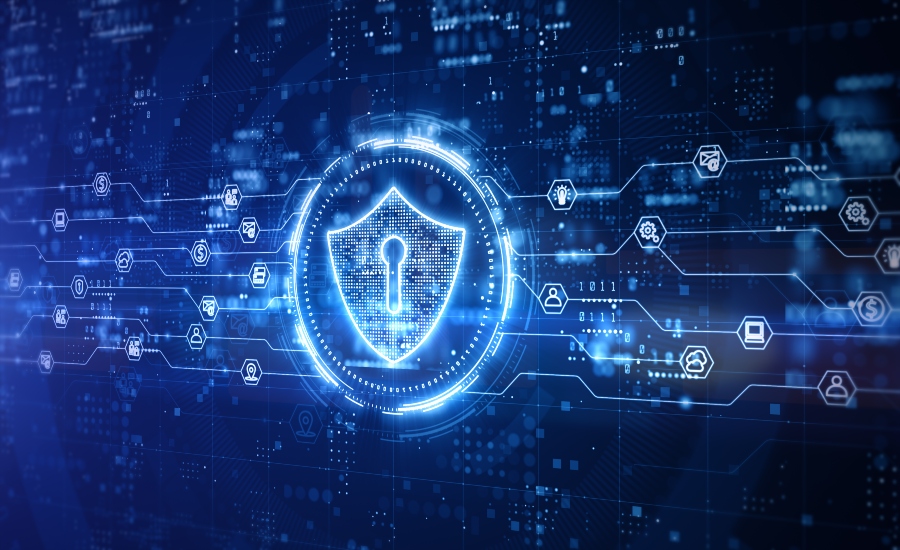 It can be a bit overwhelming to understand all of the terms you’ll hear tossed about regarding cybersecurity. Just a few include malware, ransomware, phishing, worm, and many more. So while we can’t explain all things cybersecurity in this article, our goal here is to give you an overview of many of the more common terms.
It can be a bit overwhelming to understand all of the terms you’ll hear tossed about regarding cybersecurity. Just a few include malware, ransomware, phishing, worm, and many more. So while we can’t explain all things cybersecurity in this article, our goal here is to give you an overview of many of the more common terms.
Malware – This includes viruses, worms, and Trojan Horses. These are software programs that infect your machine and carry malicious codes to destroy the data on your machine or allow an intruder to take control over your machine. They usually come to you in an email. Hence, it’s always a good idea to never open any email attachments from someone you don’t know.
Spyware – This is software that sends information from your computer to a third party without your consent.
Spam – Remember when Spam was just canned meat? Not now. Spam is a program designed to send a message to multiple users, mailing lists or email group. An unwanted email that is unsolicited and pops up in your email inbox is how most know spam.
Worm – A worm is a computer malware program that replicates itself in order to spread to other computers. Once the worm gets into one computer’s system, if that computer is on a network, it can infect them all.
Phishing – The practice of using email or fake websites to lure the recipient in providing personal information. Sometimes, it wants you to confirm your account and asks for your SSN or a password. It may also link to you a website that looks a lot like a website you know. Never click on any link. If it’s a company you do business with, then open a new browser window and type in their address. You can also call them to double-check if they need to contact you.
Ransomware – The biggest so far is named WannaCry. Ransomware happens when you open an attachment and a worm is released onto your hard drive. A ransomware worm will literally lock up your data, and you will receive a message demanding you pay a ransom to access your data again. If you have a business that depends on your data, the ransom demands can be very costly.
Quick Tips for Small Businesses:
